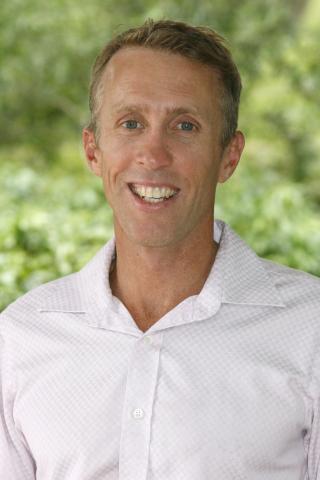
In a world where media often tells people how they should look and what they should eat, female athletes face unique challenges.
Something many people don’t know is that of the women who have won Olympic gold medals in the triathlon, most have been over 30. Even the outliers have been in their late 20s.
It’s an interesting pattern that shows the connection between an athlete's journey, their body's changes, and the way they fuel themselves.
Progressing from a hopeful athlete to an Olympic champion takes time and hard work. Success isn't instant; it's a gradual process involving big changes in how athletes' bodies work.
As they become better at their sport, their eating and exercise habits change too. These changes help them go faster and perform better.
But behind this success story is a careful balance between performance, health, and overall well-being. Nutrition is at the heart of this balance, especially on days with intense training. Striking the right balance between energy from food and energy used in exercise not only boosts performance but also keeps athletes healthy.
But often, particularly for female athletes, pressure to meet society's standards clashes with the huge energy needs of tough training. These pressures can lead to unhealthy eating habits, setting the stage for possible health problems. Additionally, the sport itself sometimes emphasizes athletes' bodies and weight, which makes things even more complex.
The idea of ‘low energy availability’ is important here. It means the energy left over after exercise. This balance is vital for basic things like strong bones and regular periods for women. If this balance isn't right, health issues can arise in just a few days, like weaker bones or irregular periods. This can be a sign that the body isn't getting enough energy.
One challenge is understanding how much energy exercise uses up. Athletes often don't realise this, and they might not eat enough to match what they use. The energy needed for exercise changes as athletes get better, so they need to adjust their eating too. Sometimes, issues like not eating enough or having eating disorders can make things worse, throwing off the energy balance even more.
Navigating this situation needs more than just good intentions. It requires understanding nutrition and how it works, almost like a skill. The total energy from food is really important because it decides if an athlete's body works at its best. Balancing carbs and fats based on how hard they're training is crucial. Protein is important too, as it helps the body recover and grow, especially when eaten at the right times.
So, focusing on getting enough energy is key to athletes' success and well-being. Both carbs and protein matter, and they should change based on how much training they're doing. Remember, it's not just about eating right but also about eating at the right times.
Looking back on my time in the world of triathlon, I'm reminded of the challenges female athletes face as they strive for success. Beyond medals and finish lines, their journey is one of strength, determination, and the pursuit of excellence.
As a society and sports community, we need to break down harmful ideas about how bodies should look and what's considered normal to eat. Empowering female athletes means creating an environment where their nutritional needs are met and valued.
Dr Gregory Cox, from Bond University’s Sports Nutrition program, will be unveiling more of his insights into the eating habits of elite athletes at a public forum on October 9 as part of Research Week.

